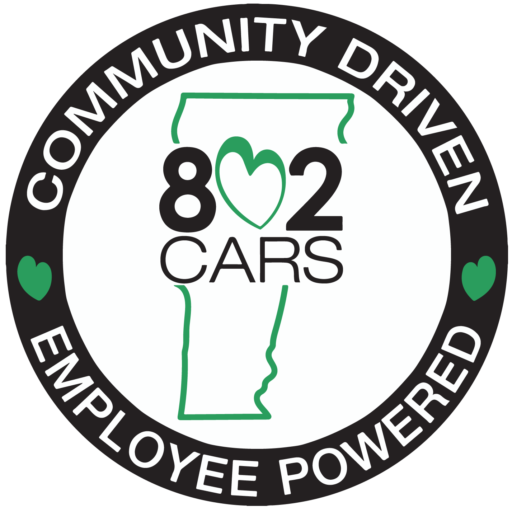Car-buying tips to follow before you step into a car dealership
Now is a good time to buy a new car. Rebates, financing, and trade-in values are the best they’ve been in a long time. A savvy buyer must always be ready, and the preparation should start before you ever step into a showroom. You will need to research before buying a vehicle in order to get the best deal. Below are 802 Toyota‘s tips to help you before you buy.
First, you’ll need to determine what your new car needs are. Get out your paper and pencil and use these ideas to help get you going:
1. Price: For most people who are not independently wealthy, price will shape many of the decisions related to choosing what kind of car you will purchase. Keep in mind that you’ll have to factor in the price of auto insurance, fuel and maintenance costs to get the true price of driving a particular car.
2. Fuel Efficiency: With rising fuel prices, gas mileage has become an increasingly important factor in choosing a new car. If you must have a larger vehicle because of the number of passengers you transport, you will want to carefully compare mileage among available models in your size and price range.
3. Features and options: Is there a particular feature that your new car must have such as GPS, or anti-lock brakes, or an entertainment package?
4. Size: How many passengers need to ride in this car on a regular basis?
5. Safety: What safety features are a must-have for you?
Next you will want to research a few key items to show the dealerships that you know your stuff:
- Know the Invoice Price
Once you’ve settled on what vehicle is right for you look up the invoice price. Invoice price is what the dealer pays the manufacturer for the car; the manufacturer’s suggested retail price (MSRP, or “sticker price”) is the cost the dealer puts on the car. With the exception of all-new or very popular models, you should be able to get a new car for closer to invoice than MSRP. Knowing the invoice price of your car will tell the dealer that you mean business and expect a good deal. Don’t walk into the dealership without this information. - Check the Manufacturer’s Website for Rebates
Many buyers will qualify for multiple rebates, some of which may not even be made public. You might belong to organizations or receive coupons in the mail that entitle you to additional rebates. Be aware of all rebates for which you qualify and make sure you receive them. New model incentives are also usually listed on dealership websites. So be sure to browse through each deal before walking into a dealership. - Research the Dealers
Buying from a cooperative and fair dealer will save you money and headaches. There are a number of websites that allow people to post reviews of dealerships. If you can’t find online reviews of the dealer you are considering, just talk to people. Your friends and neighbors purchase cars and should be honest with you about whether they were happy with their car or dealer. - Check Your Credit History
Most people who shop for cars will need a loan. How much that loan costs will depend on your credit history, and knowing your credit history will give you a better idea what to expect from lenders. The Fair and Accurate Credit Transaction Act of 2003 (FACTA) allows every consumer to get a free copy of his or her credit report once a year from each of the three major credit-reporting agencies (TransUnion, Experian, and Equifax). Get a copy of your credit report, and check it for accuracy. Pay the extra few dollars to get your credit score as well, as it is one of the major factors that banks use to determine your creditworthiness. - Make an Appointment with the Sales Manager
Once your research is done and you are ready to head to the dealership to purchase a new car, call ahead and make an appointment. By calling a sales manager to make your appointment, you communicate that you are serious about this transaction and know what you are doing.
There isn’t a set price to negotiate toward with any car; pricing always varies with content, age, supply, and demand. But these simple research tools will start you in the right direction to get the best deal possible on your new car.
